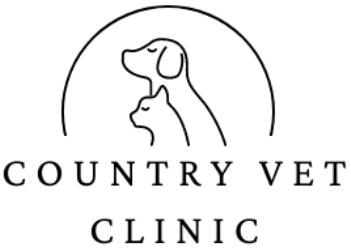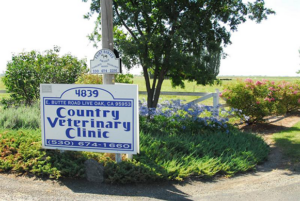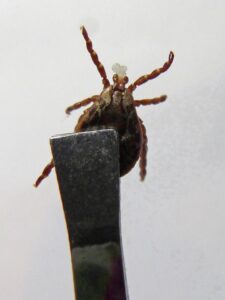A responsible equine owner will want to know that their horse is in the best health possible. Horses are now living longer than ever before, but this can only be achieved by making preventative healthcare – including vaccinations – and good nutrition are a priority. An annual wellness examination by a qualified and experienced equine veterinarian is the best way to ensure the long-term wellness of your horse. You will have the opportunity to speak to your veterinarian about all aspects of caring for your horse, including nutrition, behavior-management and any other issues. It is also an ideal time to ensure that your horse is fully protected by season-specific vaccinations and parasite control treatments at the time that they are needed the most.
What Happens During An Equine Wellness Examination?
Exactly what happens during an equine wellness examination can vary depending on your veterinarian, but typically it can include:
- An assessment of body condition
- Examination of the haircoat and skin
- Evaluation of the eyes and eyelids
- Listening to the abdomen
- Listening to the heart rate and rhythm
- Dental examination including assessment for tooth growth control (known as floating)
- Vaccination consultation
- Parasite control consultation
The wellness examination is the perfect time to raise any concerns that you may have about the growth, development or health of your equine. Discussion around nutrition, behavior and any emerging disease threats to equines is usual.
When Should The Examination Be Carried Out?
An annual wellness exam should ideally be performed between March and May in order to ensure that seasonal vaccinations and parasite control treatments are given at the optimum time.
Equine Vaccinations
Vaccinations are just as important for horses as they are for humans and household pets. Equine vaccinations are the only proven method of protecting against a variety of debilitating and even life-threatening health problems including influenza, herpes and tetanus. This can save your animal from discomfort and prevent expensive and often unsuccessful medical treatments.
All horses should be routinely vaccinated against tetanus and equine influenza. Other available vaccines include herpes, rotavirus and equine viral arteritis (EVA) and your veterinarian will be able to recommend these, if suitable, for your horse.
If you are planning on competing your horse in any way, the event organizer may require you to provide proof of vaccinations, particularly flu vaccinations. This is to minimize the risks of infectious diseases at events where large numbers of horses come into contact with one another.



